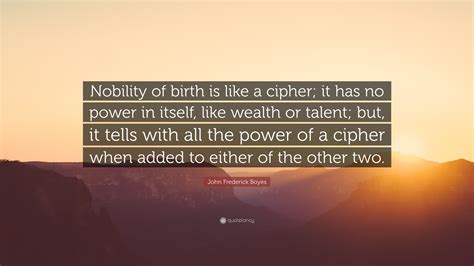A Quote by Henry Wadsworth Longfellow
The pleasant books, that silently among Our household treasures take familiar places, And are to us as if a living tongue Spake from the printed leaves or pictured faces!
Related Quotes
I believe in books. And when our people [coughing] - our people of Jerusalem, let's say after the Romans destroyed the temple and the city, all we took is a little book, that's all. Not treasures, we had no treasures. They were ransacked, taken away. But the book - the little book - and this book produced more books, thousands, hundreds of thousands of books, and in the book we found our memory, and our attachment to that memory is what kept us alive.
The heroic books, even if printed in the character of our mother tongue, will always be in a language dead to degenerate times; and we must laboriously seek the meaning of each word and line, conjecturing a larger sense than common use permits out of what wisdom and valor and generosity we have. The modern cheap and fertile press, with all its translations, has done little to bring us nearer to the heroic writers of antiquity. They seem as solitary, and the letter in which they are printed as rare and curious, as ever.
What if the leaves were to fall a-weeping, and say, "It will be so painful for us to be pulled from our stalks, when autumn comes?" Foolish fear! Summer goes, and autumn succeeds. The glory of death is upon the leaves; and the gentlest breeze that blows takes them softly and silently from the bough, and they float slowly down, like fiery sparks, upon the moss.
When Jesus warns us not to store up treasures on earth, it's not just because wealth might be lost; it's because wealth will always be lost. Either it leaves us while we live, or we leave it when we die. No exceptions....Realizing its value is temporary should radically affect our investment strategy.... According to Jesus, storing up earthly treasures isn't simply wrong. It's just plain stupid.
This is a diseased century. We diagnosed the disease and its causes with microscopic exactness, but whenever we applied the healing knife a new sore appeared. Our will was hard and pure, we should have been loved by the people, but they hate us. Why are we so odious and detested? We brought you truth and in our mouth it sounded like a lie. We brought you freedom, and it looks in our hands like a whip. We brought you the living life, and where our voice is heard the trees wither and there is a rustling of dry leaves. We brought you the promise of the future, but our tongue stammered and barked.
Stephen Blackpool fall into the loneliest of lives, the life of solitude among a familiar crowd. The stranger in the land who looks into ten thousand faces for some answering look and never finds it, is in cheering society as compared with him who passes ten averted faces daily, that were once the countenances of friends







































